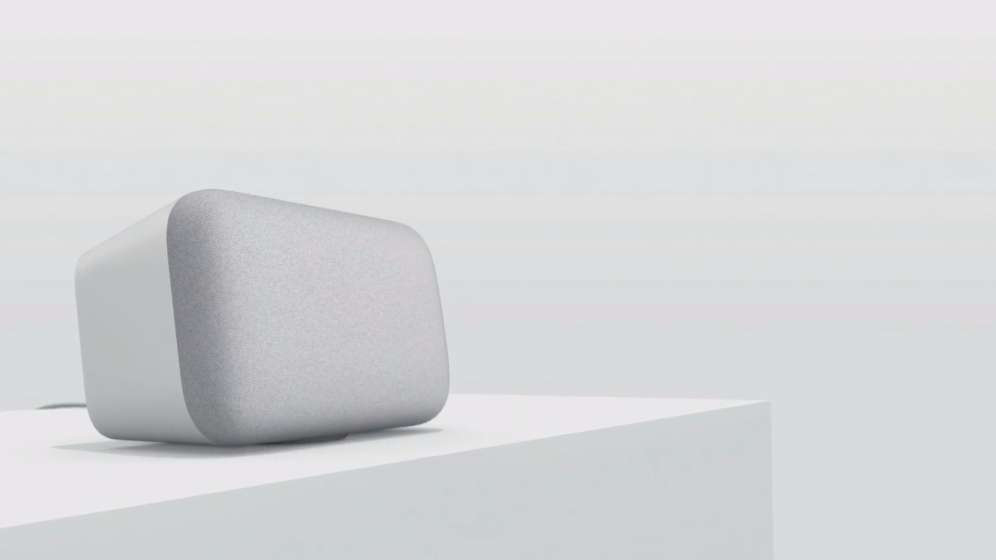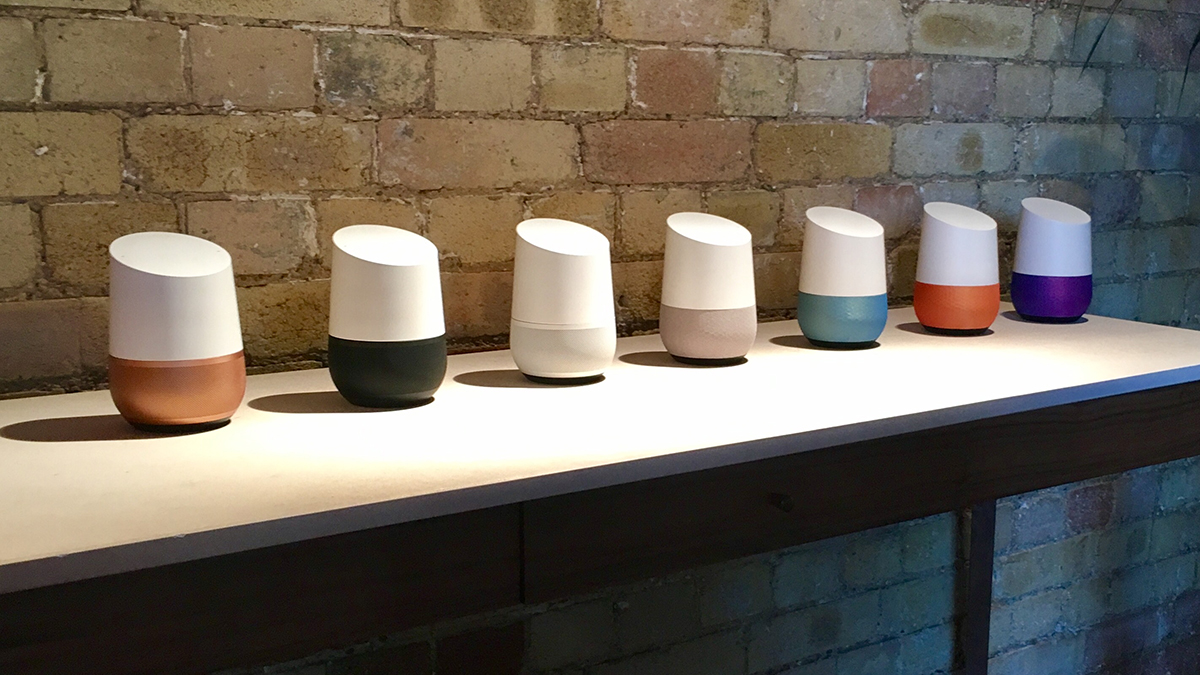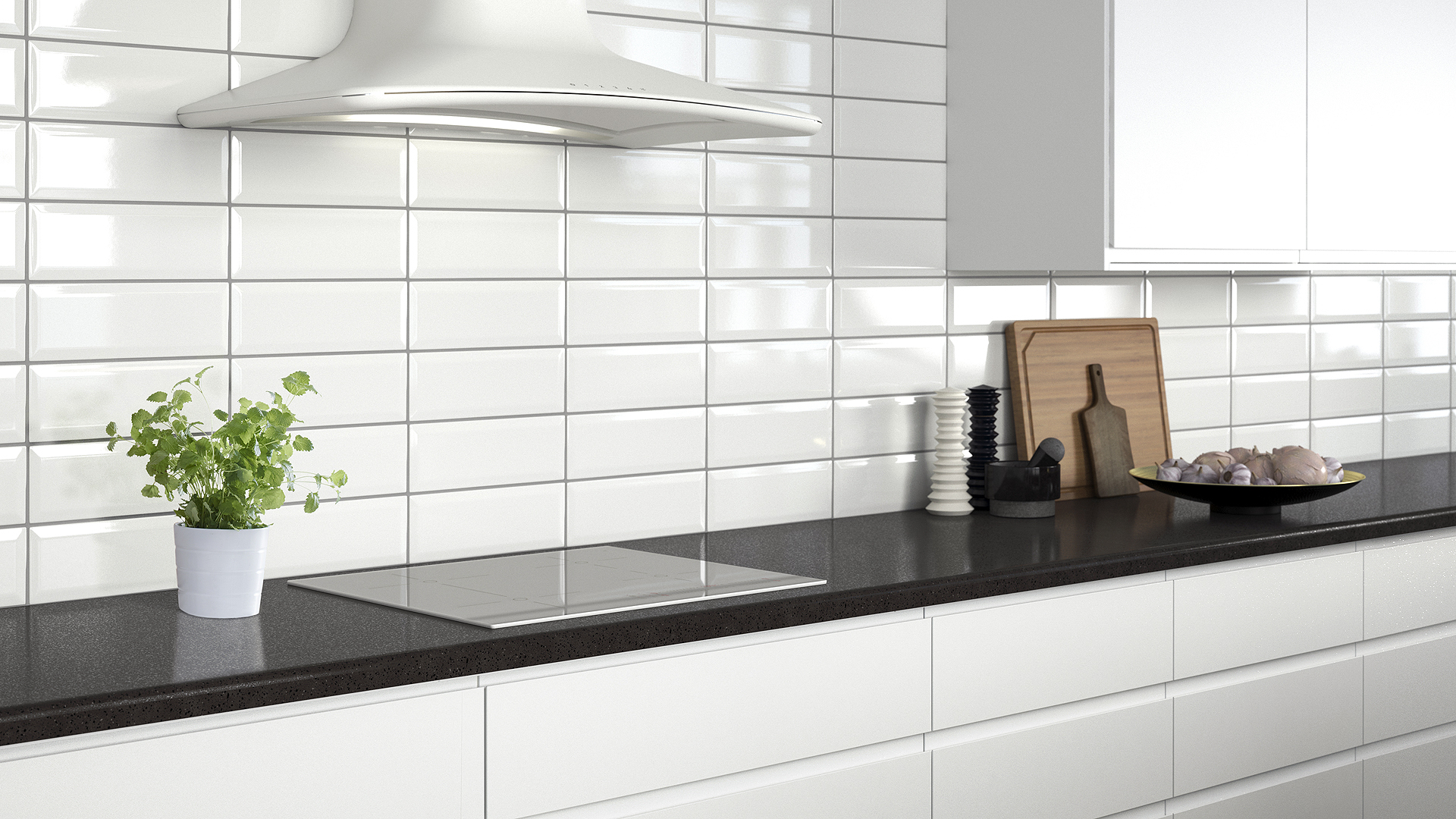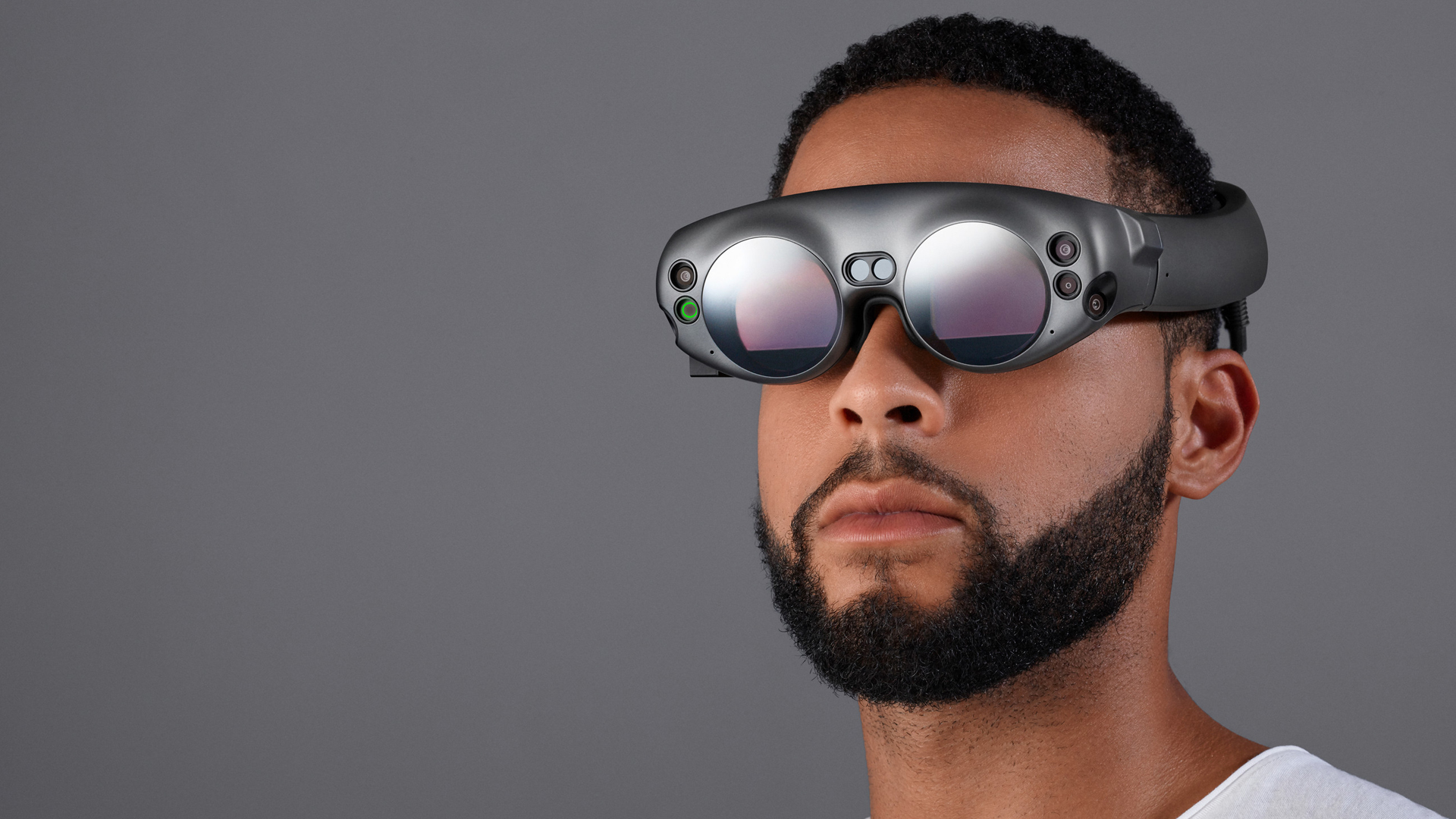7 things we hope Google Home will be able to do in five years
Voice control is just the beginning...


Amazon Echo and Google Home are cool devices but they are very much Phase 1 of a long-term project to make your homes truly smart. The frustration of using them is that you can think of so many things that they can’t quite yet do.
While Amazon Alexa is the current Queen of Smart Home, Doing and Buying Stuff, Google Home may prove to be the long-term winner when it comes to using home AI for a more diverse range of applications.
That’s because Google appears to want to run the entire world, whereas Amazon merely wants to sell you everything in the world.
So, what might using Google Home be like in five years’ time — an age in tech terms?

1. The speakers will vanish
By 2023, Google Home will be appearing in multiple devices, of all kinds, and vanishing into the fabric of your domicile.
Why use a speaker to control your washing machine or heating when Assistant could be built straight into it? Or into a series of microphones set into the walls of your home?
Admittedly, people may have to get over certain old-fashioned notions around privacy that they currently hold, for this to become a reality.
Get all the latest news, reviews, deals and buying guides on gorgeous tech, home and active products from the T3 experts
2. Truly conversational, er, conversation
Home already lets you address it once as ‘Hey Google’ and then talk slightly more conversationally (for instance: “Hey Google, what’s the weather like?” and then, “…How about tomorrow?”)
That’s great for a bit of 2018 tech, but let’s be honest: if Google Assistant were a person you’d think it was a complete idiot.
Fast forward to 2023 and we expect to be having conversations with something that’s only a little bit of an idiot, thanks to advances in AI. Home will have a larger vocabulary, and a better understanding of how people speak in real life.
It’ll offer options when it detects ambiguity and will make informed judgements about what you might want based on what you’ve asked for in the past, particularly when it comes to music, movies and shopping.
3. Voice control of everything…

Already, brands such as Bosch are saying that all their future white goods will have some level of smart functionality. When everything you buy comes with smart controls as standard, Google Home will be on hand to boss all of it around.
Voice control of objects is addictive — it’s already getting annoying for us when we remember that the toaster, for instance, can’t be made to work by shouting at it.
By 2023, we’re hopeful that not only will bread glide down into the toaster mechanically at a command, but also that some sort of robot assistant will put that bread there in the first place, then bring us the toasted results.
4. …But voice control becomes less important
Speaking to gadgets, or controlling them via commands from your phone, is clearly an interim technology. It’ll be absolutely exhausting if you have to literally voice control everything in your home.
The next five years will see much more concentration on tech that tracks your progress through the home with sensors, learns your daily habits, and springs into life accordingly. The difficult bit there will be coping with families, or other homes with multiple inhabitants, all with their own preferences. People, eh?
Another significant result of AI being built into everything is that products will be able to send fault data to manufacturers and self-diagnose problems. This will mean that things break down less often, and also that a repair person can be dispatched immediately when something does fail.
5. Home AR, meet home AI

AR in the wider world presents many challenges but within the defined confines of your home, it could come into its own.
AI goggles or your phone screen could be used to overlay text and graphic information about everything in your home, in real time – from how to reset to your fuses to what port does what on your PlayStation 5.
6. Total home entertainment
You can see the early days of this on Home now; the ultimate goal is being able to instantly summon any movie or piece of music, and play it back on any speaker or screen.
Pause on one speaker or screen, then resume on another later. By 2023, we’re hopeful that a standard will exist, whether it’s Chromecast or something else, that will make this a full reality.
7. Automation rules the nation
At the moment, you can schedule events via your Home AI so that, for instance, the lights come on and your favourite radio station starts playing.
Surely, by 2023, Google Home will be heating the windscreen of your smart e-car on frosty mornings, firing up the shower just as you wake, and making sure your coffee and toast is ready in your kitchen, just as you stumble into it, whilst playing Greatest Hits Volume 6 by Sir Edward Sheeran.
AI Week is brought to you in association with Honor

Duncan is the former lifestyle editor of T3 and has been writing about tech for almost 15 years. He has covered everything from smartphones to headphones, TV to AC and air fryers to the movies of James Bond and obscure anime. His current brief is everything to do with the home and kitchen, which is good because he is an excellent cook, if he says so himself. He also covers cycling and ebikes – like over-using italics, this is another passion of his. In his long and varied lifestyle-tech career he is one of the few people to have been a fitness editor despite being unfit and a cars editor for not one but two websites, despite being unable to drive. He also has about 400 vacuum cleaners, and is possibly the UK's leading expert on cordless vacuum cleaners, despite being decidedly messy. A cricket fan for over 30 years, he also recently become T3's cricket editor, writing about how to stream obscure T20 tournaments, and turning out some typically no-nonsense opinions on the world's top teams and players.
Before T3, Duncan was a music and film reviewer, worked for a magazine about gambling that employed a surprisingly large number of convicted criminals, and then a magazine called Bizarre that was essentially like a cross between Reddit and DeviantArt, before the invention of the internet. There was also a lengthy period where he essentially wrote all of T3 magazine every month for about 3 years.
A broadcaster, raconteur and public speaker, Duncan used to be on telly loads, but an unfortunate incident put a stop to that, so he now largely contents himself with telling people, "I used to be on the TV, you know."